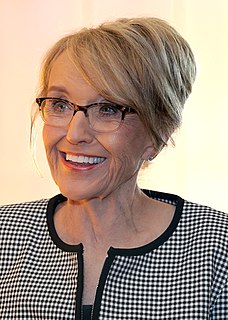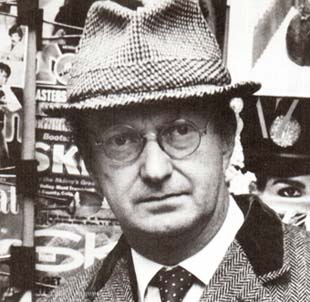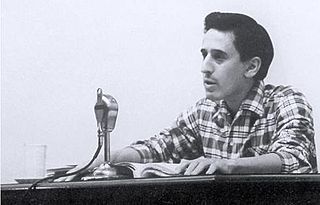A Quote by Robert E. Lee
In this enlightened age, there are few I believe, but what will acknowledge, that slavery as an institution is a moral & political evil in any country. It is useless to expatiate on its disadvantages.
Related Quotes
Now, I confess myself as belonging to that class in the country who contemplate slavery as a moral, social and political evil, having due regard for its actual existence amongst us and the difficulties of getting rid of it in any satisfactory way, and to all the constitutional obligations which have been thrown about it; but, nevertheless, desire a policy that looks to the prevention of it as a wrong, and looks hopefully to the time when as a wrong it may come to an end.
I do conscientiously and sincerely believe that the Order of Freemasonry, if not the greatest, is one of the greatest moral and political evils under which the Union is now laboring ... a conspiracy of the few against the equal rights of the many ...Masonry ought forever to be abolished. It is wrong - essentially wrong - a seed of evil, which can never produce any good.
The inconsistency of the institution of domestic slavery with the principles of the Declaration of Independence was seen and lamented . . . no insincerity or hypocrisy can be fairly laid to their charge. Never from their lips was heard one syllable of attempt to justify the institution of slavery. They universally considered it as a reproach fastened upon them by the unnatural step-mother country and they saw that before the principles of the Declaration of Independence slavery, in common with every other mode of oppression, was destined sooner or later to be banished from the earth.
In England, we have a curious institution called the Church of England. Its strength has always been in the fact that on any moral or political issue it can produce such a wide divergence of opinion that nobody -- from the Pope to Mao Tse-tung -- can say with any confidence that he is not an Anglican. Its weaknesses are that nobody pays much attention to it and very few people attend its functions.
The world understands that our country could solve all conflicts with military solutions, but we won't because we have leaders and we have a moral responsibility but we have also have a political - we have a political leader who is scared and who is raised on the idea that American force is the true evil.

































